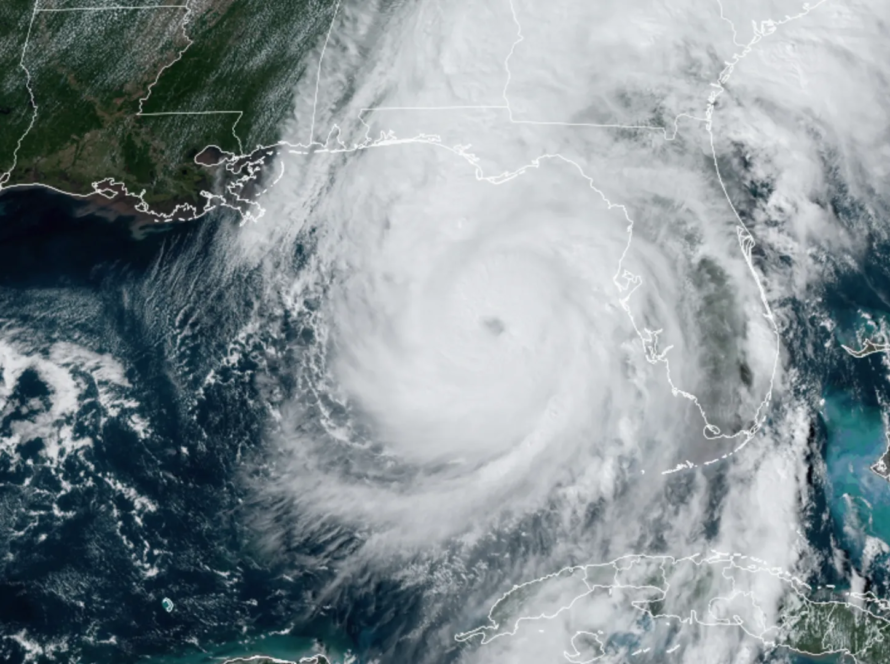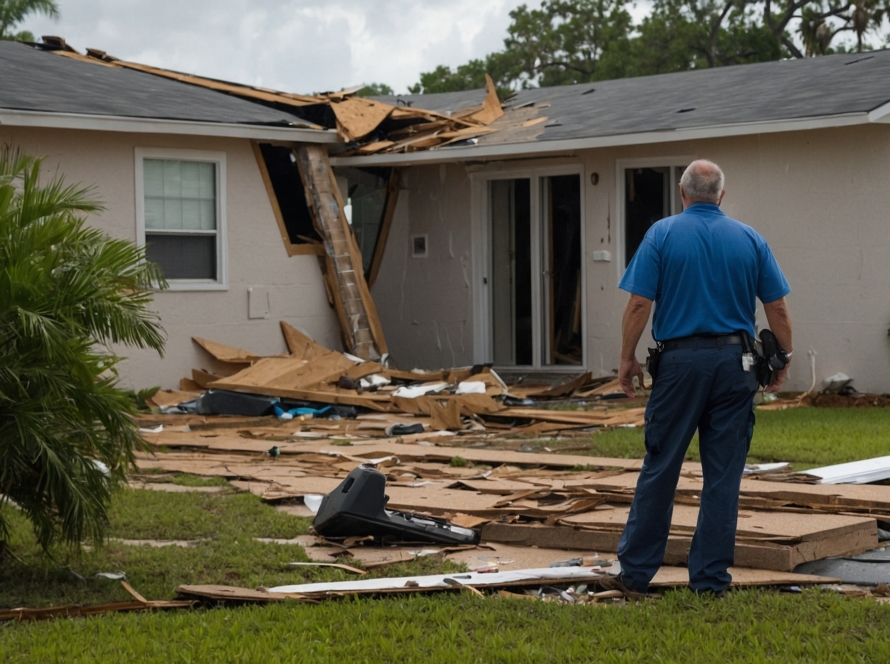Property insurance covers the property as well as what is inside. It can cover what can be recovered such as your appliances, furniture, and clothes. While all polices are different, it’s important to have an inventory in the event of loss. It’s very difficult to describe all the items that you owned from memory: where they you purchased or from whom you inherited them, how much they are worth. When you have a prepared inventory, you can submit the inventory list to your insurance company should you experience loss. Then, they will make an evaluation of that loss and pay accordingly. But, if you do not have a prepared inventory, you’ll have to do a lot of guesswork. If items are damaged, say in a fire, flood, tornado, or earthquake, they will need to be removed. Sometimes well-intentioned family members remove damaged items making it difficult to get a full and accurate description of the property lost for a reimbursement. It is important to be prepared by having an inventory list of all the contents in your home.
What Would Be a Good Idea to Inventory, What Types of Things Would Generally Be Included?
Expensive furniture and any kind of collectibles should be on the inventory list: anything from couches, bedroom sets, office furniture to art work, coins, clothes, jewelry, or antiques. While insurance companies generally cover some of your property’s contents, there are limits. Certain collectibles might only be covered up to a certain amount. If you have items that exceed the insurance company’s limits, you’ll need to insure them separately. For example, it’s best to have a separate insurance policy for jewelry, especially if it exceeds the insurance company’s limits. For the same reason, you may also have a separate insurance policy for any item in your home. In the case of a loss, the more documentation of your property’s contents, the easier it is going to be to make the claim for reimbursement.
Not Understanding What’s in Your Home Insurance Policy – What Are the Dangers in Failing to Read And Understand Your Home Insurance Policy before You End Up Needing It?
Past clients were surprised to see that their property worth several million dollars was only covered for a few hundred thousand dollars. Their surprise comes from assuming everything in their house was covered under the typical HO3 policy (the most common, affordable homeowners’ insurance policy providing comprehensive protection for your home, belongings, and liability). If items are covered, and they may not be, they are covered up to a certain amount. Most HO3 policies will cover the loss of cash between a few hundred or thousand dollars. Items such as jewelry, watches, antiques will often be capped at a few thousand dollars based on policy limits.
Then there are endorsements or riders to insurance policies, which is an amendment or addition to an existing insurance policy that changes the terms or coverage of the original policy. Endorsements require you to read the fine print. They can change your insurance coverage, even the checklist on your policy that states your coverage. For example, the insurance company might send a letter saying they are adding a limited water damage endorsement to your policy in exchange for a discount on the premium. This means your policy might have water damage loss capped at $10,000 or $15,000.
Endorsements automatically renew. Maybe something came in the mail about the renewal, but you didn’t read all 60-70 pages. Maybe it has come in the mail for years, and you didn’t read it. You experience a property loss at your home, and your insurance company says that your policy was changed several years back. And you consented to that change. Thus, it’s important to read your policy every year, make sure nothing has changed, make sure you have enough coverage and the right coverage for the items on your property inventory list, and check on any endorsements as well as riders on how they affect your coverage.
For more information on First Party Insurance Claims in Florida, an initial consultation is your next best step. Get the information and legal answers you are seeking by calling (407) 915-5447 today.
Schedule a FREE Consultation.
Submit your case details swiftly through our contact form for Payne Law’s prompt review and response.
Error: Contact form not found.



